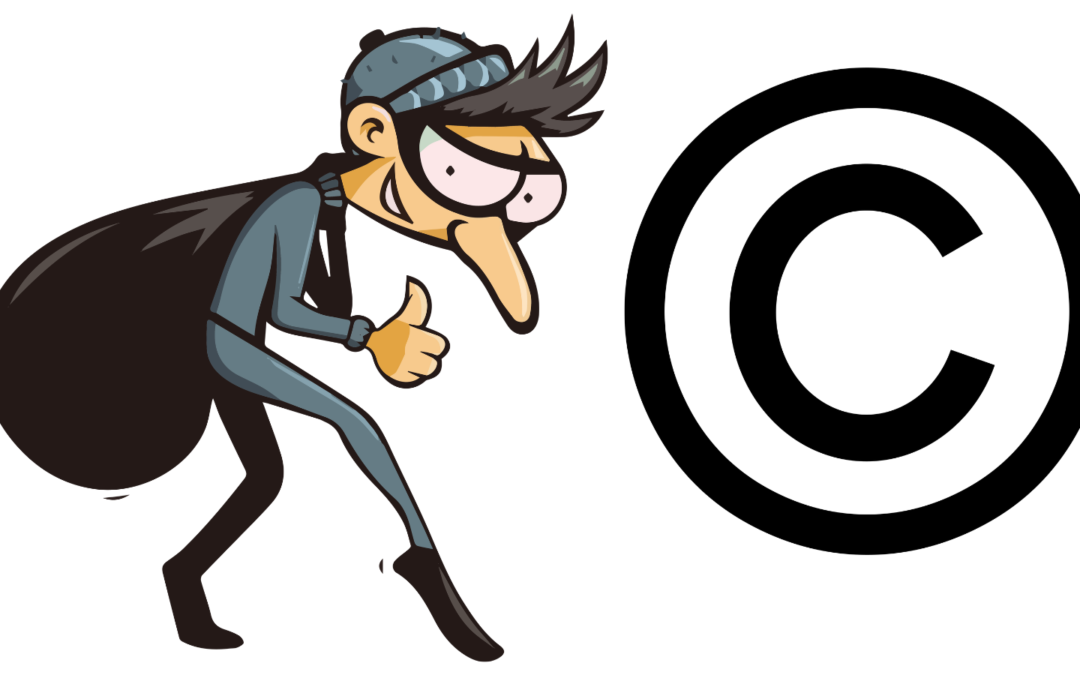This article discusses the introduction of the Content Origin Protection and Integrity from Edited and Deepfaked Media Act (COPIED ACT) by U.S. Senators Maria Cantwell, Marsha Blackburn, and Martin Heinrich on July 11, 2024. The proposed legislation aims to combat the rise of harmful deepfakes and increase transparency around AI-generated content. Here are the key points:
1. The bill sets new federal transparency guidelines for marking, authenticating, and detecting AI-generated content.
2. It protects journalists, actors, and artists against AI-driven theft of their content.
3. The National Institute of Standards and Technology (NIST) would develop guidelines for content provenance information, watermarking, and synthetic content detection.
4. Content owners would be able to attach provenance information to their work and prohibit its unauthorized use in AI training or content generation.
5. The bill gives individuals the right to sue violators and authorizes the Federal Trade Commission (FTC) and state attorneys general to enforce its requirements.
6. It prohibits tampering with or disabling AI provenance information.
7. The legislation has received endorsements from various organizations, including SAG-AFTRA, Nashville Songwriters Association International, Recording Academy, National Music Publishers’ Association, Recording Industry Association of America, News/Media Alliance, National Newspaper Association, and others.
8. Supporters emphasize the importance of protecting creators’ rights, maintaining trust in news sources, and ensuring transparency in AI-generated content.
The article presents the COPIED ACT as a bipartisan effort to address the challenges posed by AI-generated content and deepfakes, with a focus on protecting the rights of content creators and promoting transparency in the use of AI technology.![]()
#CopiedAct @GPTdeepfake_Com #tweeted_Com #Ai #AiContent #Copyright

